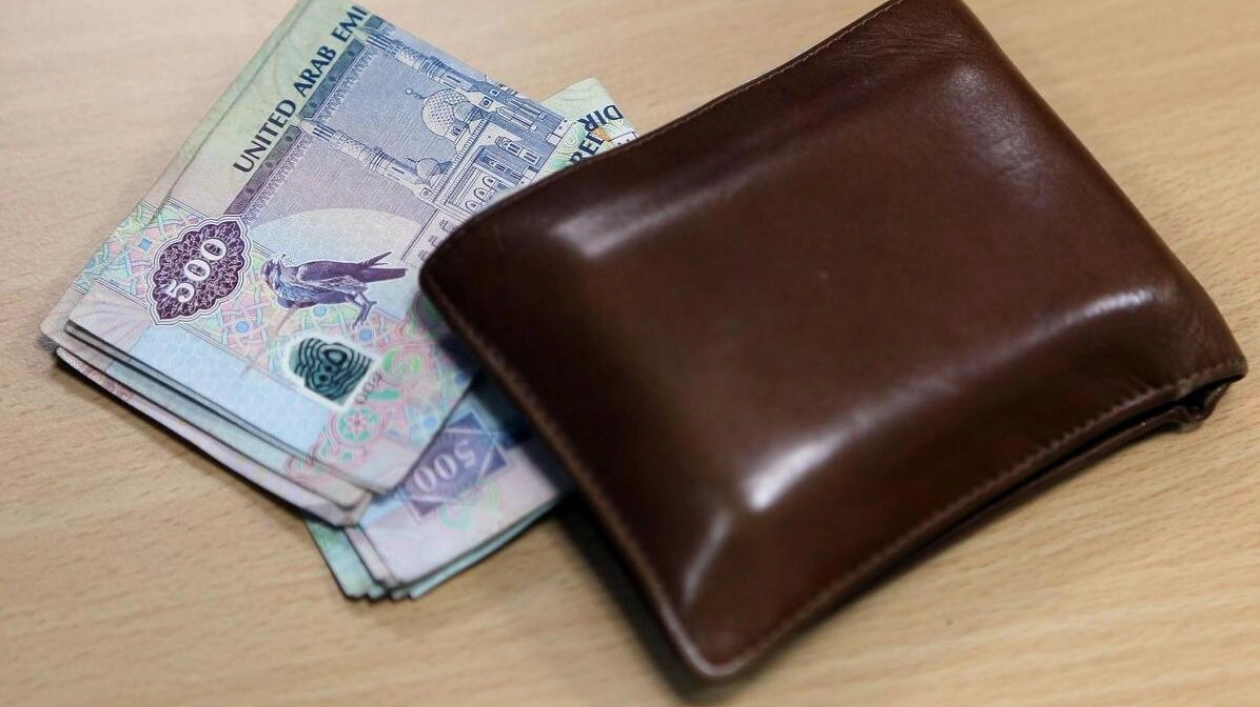A growing number of employees in the UAE are urging their employers to include savings and investment schemes in their benefit packages. A recent report highlights a rising demand for employer assistance in financial planning, coupled with a strong desire for financial literacy. Zubair Siddiqi, head of marketing management at Zurich Middle East, underscores that workplace financial empowerment is now considered a necessity. 'There's an increasing demand for workplace savings and investment opportunities, starting in the UAE and spreading across the region. The message is clear: financial empowerment and literacy are no longer just perks; they are essential,' he stated.
The 'Future of Work 2024' report, commissioned by Zurich International Life, surveyed 2,000 employees and 2,000 employers across industries in the UAE, KSA, Qatar, and Bahrain. One of the key findings revealed that the majority of employees want workplace savings plans included in their benefits. KV Shamsuddeen, financial advisor and director of Barjeel Geogit Securities, noted that this finding did not surprise him. 'I've been in the UAE for 51 years, helping lower-income expats save and invest for the future. It's alarming how few people are financially literate,' he said. 'Many either send their money home or spend it irresponsibly. However, the younger generation is keen on saving and investing, demanding that their companies support them in this journey.'
The report also highlighted that workplace and retirement savings are significant gaps in the UAE, with 31% of employees stating they do not currently receive this benefit but would like to. Ashika Tailor, head of business development for employee benefits at Zurich Middle East, believes that workplace savings plans are an effective tool for enhancing employees' financial security. 'It's common for many employees to lack financial literacy,' she said. 'Therefore, it's crucial for companies to provide this support. Workplace savings plans are becoming increasingly popular in the region, driven by regulatory reforms in the UAE.'
Last year, the UAE introduced an optional end-of-service scheme, allowing employers to invest gratuity funds in multiple savings schemes supervised by the Securities and Commodities Authority in coordination with the Ministry of Human Resources and Emiratisation. Tailor added that companies could also contribute by promoting financial literacy among their workers. 'Providing access to financial education through digital platforms is a great step,' she said. 'It doesn't always have to be one-on-one advice.'
The report further indicated that Emiratis seek more guidance on financial planning and investment opportunities compared to others in the market. Shamsuddeen emphasized the importance of saving early, especially for expats. 'Many people say they earn less and can't save. I advise those living alone to save at least 30% of their salaries and those with families to save at least 20%,' he said. He often shares a budgeting hack with his clients: 'Write down daily expenses in three columns: essential, optional, and wasted. After a month, your subconscious will start budgeting before spending. Remember, savings should be the first thing set aside when you get your salary.'
Source link: https://www.khaleejtimes.com






